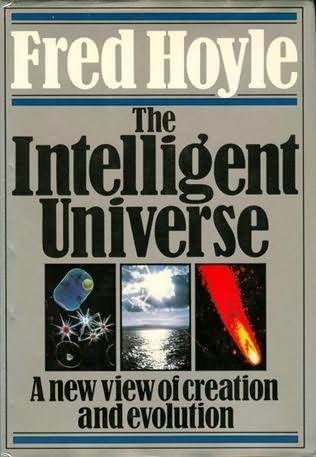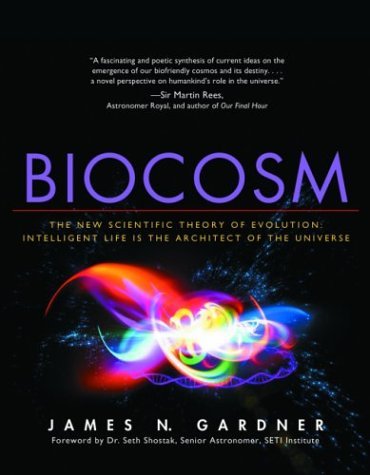
The Intelligent Universe: A New View of Creation and Evolution
Book Description
What if the universe itself is alive, pulsing with intelligence and creativity? In "The Intelligent Universe: A New View of Creation and Evolution," Fred Hoyle challenges everything we think we know about existence. He weaves a bold narrative that intertwines cosmology, biology, and the nature of reality, suggesting that evolution is not a random process but guided by a cosmic force. With each page, the stakes rise as profound questions emerge: Are we mere products of chance, or are we part of a grand design? Dive into a journey that will leave you questioning the very fabric of creation—what if humanity is just a piece of a much larger puzzle?
Quick Book Summary
In "The Intelligent Universe: A New View of Creation and Evolution," astronomer Fred Hoyle presents a provocative reinterpretation of both cosmic and biological evolution. Rejecting the notion that life is a mere product of random physical processes, Hoyle argues for the presence of intelligence as a fundamental aspect of the universe itself. Drawing on evidence from physics, cosmology, and genetics, he suggests that purposeful guidance rather than blind chance shapes the structure of reality—from galaxies to living organisms. The book challenges conventional Darwinian perspectives and explores possibility that consciousness or intelligence pervades existence, ultimately leaving readers to ponder whether humanity is isolated or participants in a grand cosmic design. Hoyle's accessible writing and philosophical depth invite reflection on the interplay of science, existence, and meaning.
Summary of Key Ideas
Table of Contents
Questioning Random Evolution
Fred Hoyle begins by interrogating the prevailing scientific narrative that life and the cosmos emerged from random processes. He scrutinizes Darwinian evolution and the Big Bang theory, highlighting statistical improbabilities and the complexities in both the origin of the universe and life. Hoyle questions whether natural laws alone could account for such intricate order and coherence, setting the stage for his alternative hypothesis. This critical lens paves the way for a deeper conversation about the possibility of non-random forces at play in creation and evolution.
Intelligence as a Cosmic Principle
As the narrative unfolds, Hoyle presents the bold idea that intelligence is not an emergent property limited to living beings, but a pervasive and foundational aspect of the universe. He draws on examples from quantum physics and the precise fine-tuning of physical constants to suggest that the cosmos behaves as if guided by an underlying purpose or intelligence. This perspective challenges the strictly mechanistic worldview, proposing that intelligence is embedded in the fabric of reality itself.
Interconnectedness of Physical Laws and Life
Hoyle then explores the intricate interconnectedness between the laws of physics and the emergence of life. He argues that the conditions required for the development of life are so remarkably precise that chance alone is an inadequate explanation. From the formation of carbon in stars to the delicate structures within DNA, Hoyle shows how physical processes seem almost tailored to foster complexity and consciousness, prompting reconsideration of the relationship between matter, life, and intelligence.
Limits of Pure Chance in Creation
A significant portion is devoted to dissecting the limitations of chance as an explanatory tool for creation and evolution. Hoyle examines mathematical probabilities behind the assembly of proteins and the emergence of cellular machinery, emphasizing the daunting odds against complex life originating through random events. He posits that such improbabilities point toward the need for a guiding force or organizing principle operating beyond mere happenstance.
Reimagining Humanity's Place in the Universe
Ultimately, Hoyle invites readers to reimagine humanity’s role within the universe. Rather than seeing ourselves as accidental byproducts of cosmic indifference, he encourages a vision of mankind as participants in a grand, intelligent order. The book concludes with philosophical reflections on the nature of consciousness, intelligence, and existence itself. By merging scientific insight with metaphysical speculation, Hoyle leaves us questioning not only how we came to be but also why the universe seems intelligible and responsive to life.
Download This Summary
Get a free PDF of this summary instantly — no email required.





